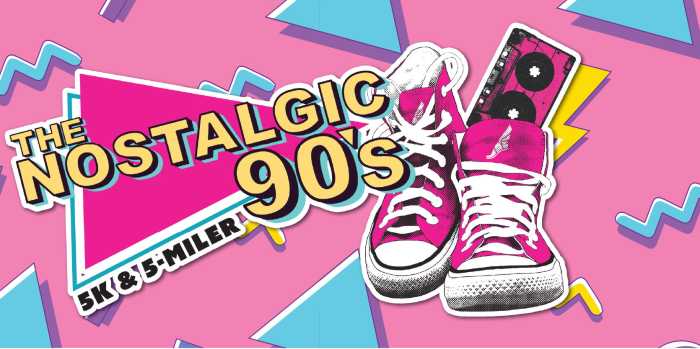Dear teachers,
My first-grader has only been exposed to a total phonic-based reading program since kindergarten. She is no closer to reading now than she was last year. She just does not get phonics. Is there any way to help her?
Dear parent,
One thing that you can do to make learning phonics easier for your child is to introduce her to the well-researched word family approach. For example, “pan,” “man,” “tan,” and “van” all share the -an ending, so these words are all part of the -an word family.
It will be much easier for your child to treat the -an sound as a unit and to only sound out the initial consonant rather than trying to blend the sounds of several individual letters together. Plus, your daughter is probably familiar with rhymes, making word family stories easier and lots more fun to read. Think of how easy it would be for her to read: Nan ran. Nan ran and ran. Nan ran to Dan.
Online, you should be able to find many word family stories. Our website (deart
Plus, for your child to have more fun learning to read, get our Skinny Book app (available on our website) that not only has stories with audio, but also games that reinforce the learning of word family words. The app is also a perfect way to teach younger children how to read.
Motivating a young child
Dear teachers,
I thought all young children were eager to learn. However, my first-grader is just not interested in school. Is there any way to motivate my young son?
Dear parent,
You definitely need to be your son’s motivational coach. When it comes to learning to read and write at this level, school and home activities need to be fun or enjoyable. Otherwise, it is possible to dampen or even kill children’s desire to learn.
What is happening at your son’s school? You might want to go and observe. Are the classroom activities drudgery instead of delight because of too many worksheets and uninspired teaching? Or is your son becoming disinterested in school because he can’t keep up with his classmates?
While you are not likely to change what the teacher is doing, you can take his school activities and turn them into fun at home. You can play games such as Memory and Go Fish with the words he is learning to read. You can also make learning to add fun by using counters and devising simple number games.
The more success your child has in school, the more likely he will be motivated to do his best in school. So talk with the teacher now to discover if your son is slow to catch onto reading or learning the basic math facts. If so, do find out how you and the teacher can help him catch up to the rest of the class.
Finding programs for the gifted
Dear teachers,
I would like some information about good programs for young gifted students. I am looking for programs for my second-grade son who really needs to have more intellectual stimulation. Where can I find some solid sites online?
Dear parent,
Your best immediate resources are local, not online. Find out from your child’s teacher what he or she can do to offer more challenging assignments in the classroom. Also find out if the school has any special programs for gifted children. Beyond this, investigate what programs are offered at local museums and colleges.
Joining a local gifted organization is a smart move that you should take. You will then be able to connect with parents who have children the same age as your son. These parents will be a great resource for finding quality gifted programs in your area. Plus, some of these children may turn out to be great playmates for your son.
You can find the names of many helpful websites online at the American Psychological Association website (apa.org). Just search for “Related Gifted Education Web sites.” Ask the teacher for websites, too.
Parents should send questions and comments to deart
© Compass Syndicate Corporation, 2014.
Distributed by King Features Syndicate
Helping a visual learner succeed in school
Dear teachers,
My child is a visual learner, according to her teacher. Knowing this, how can I help her do better in school?
Dear parent,
Many researchers are now challenging the theory that there are different learning styles and that teachers should teach to a particular style for a child to succeed in school. Instead, the focus is now on children not being a specific type of learner but having a preferred style of learning. In fact, learning through different senses (visual, auditory, tactile) is a good idea.
Apparently, your child likes to learn visually, as most people do. This means that she prefers reading or observing to learning through talking and listening or a hands-on approach. Therefore, you should encourage her to read more. And she might do better on tests by using flash cards, class notes, and book summaries to prepare for tests.
Parents should send questions and comments to deart
Distributed by King Features Syndicate























